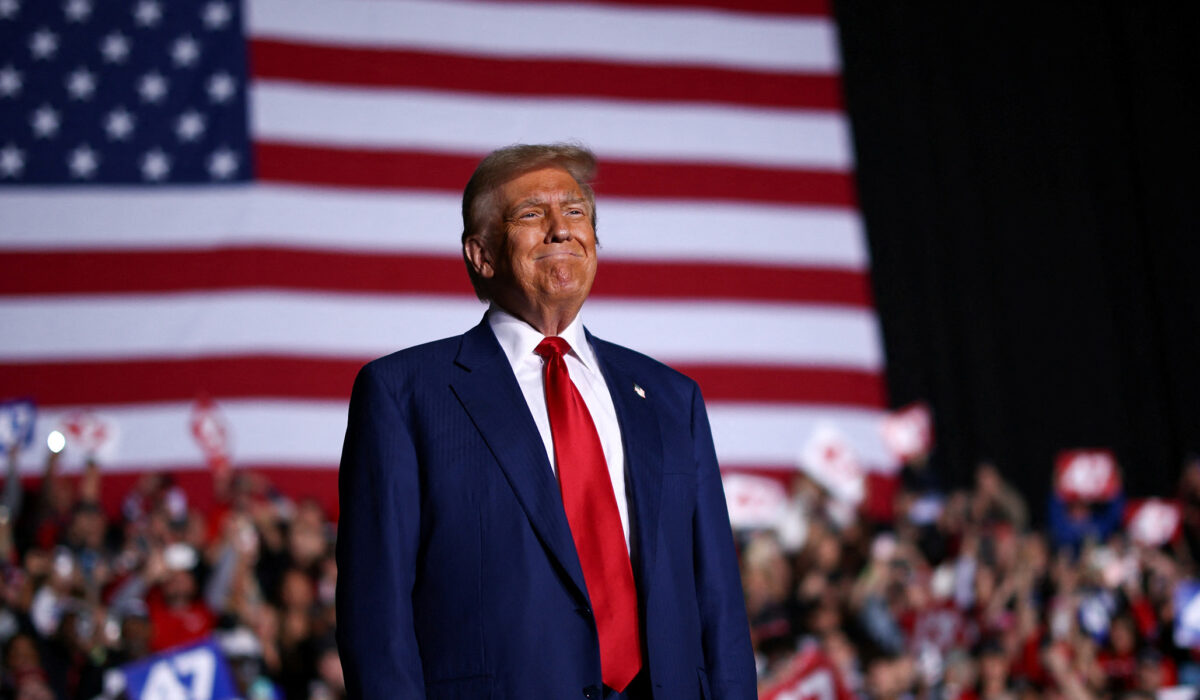Trump’s Virtues: Seeing the Strength Behind the Headlines
Plenty of people point to Donald Trump’s faults and call them defining. From a Republican perspective, though, it’s worth separating the man’s character quirks from the practical strengths he brought to the job. Recognizing virtues does not mean ignoring flaws.
One clear virtue is his refusal to play by Washington’s usual script. That outsider posture forced the establishment to respond and sometimes to change, whether on trade deals or regulatory rollbacks. Voters rewarded a leader who acted like a disruptor rather than another career insider.
Trump’s focus on results over process resonates with many conservatives. He prioritized lower taxes, judicial appointments, and deregulation in measurable ways. Those outcomes matched promises and shifted policy in tangible directions.
Another understated asset is political resilience. He kept a loyal base through scandals, investigations, and relentless media pressure. That durability matters; it’s a quality that separates transient politicians from ones who can shape long-term politics.
His communication style, blunt and unfiltered, bypassed filtered narratives and connected with working-class voters. It wasn’t polished, but it was effective at cutting through media spin. For Republicans seeking to reach disaffected Americans, that plain talk proved valuable.
Trump also showed a knack for transactional diplomacy where it counted. He pushed allies to step up on defense spending and reshaped trade relationships with concrete demands. These moves followed a simple principle: America’s interests first.
On the economy, his policies acknowledged the connection between incentives and investment. Tax changes and regulatory relief aimed to spur private-sector growth and job creation. Those choices reflected a conservative preference for market-driven solutions.
His judicial strategy was deliberate and long-lasting, placing conservative judges across federal courts. That approach changed the legal landscape on key issues for a generation. It’s a classic example of focusing on structural, not just headline, victories.
Trump’s instincts on border enforcement and immigration spoke to voters who want secure borders and a fair system. The emphasis on enforcement and merit reflects a conservative instinct to preserve national sovereignty. Policy moves in that area matched the concerns of his supporters.
He also rewrote political expectations about campaigning and media, showing that conventional rules can be broken. That reset matters because it expanded the playbook for future conservative movements. Winning isn’t only about etiquette; it’s about outcomes and momentum.
All politicians have faults, and Trump’s are obvious and public. Still, from a Republican standpoint, the virtues he displayed—results-driven governance, judicial strategy, outsider resolve, and a direct connection with voters—deserve honest recognition. A clear-eyed view accepts complexity and focuses on what those strengths delivered.

